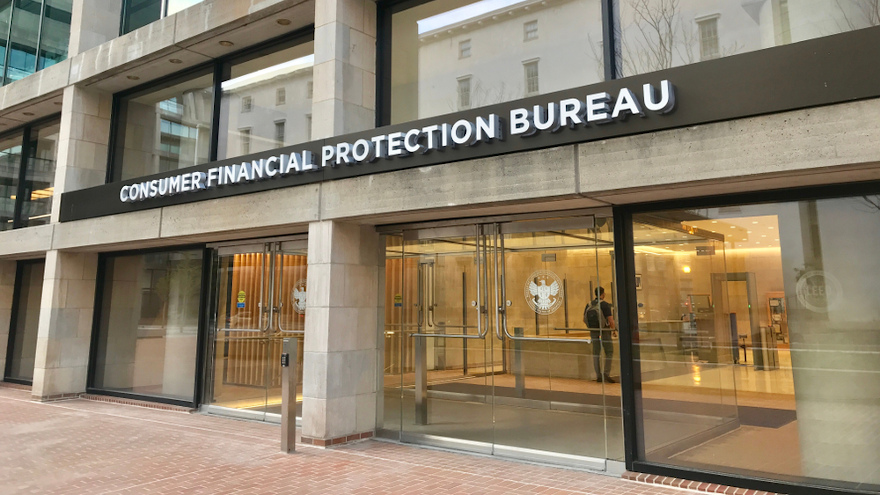AFSA urges CFPB to rescind larger participants rule for vehicle finance

By subscribing, you agree to receive communications from Auto Remarketing and our partners in accordance with our Privacy Policy. We may share your information with select partners and sponsors who may contact you about their products and services. You may unsubscribe at any time.
American Financial Services Association general counsel Philip Bohi recently submitted a comment letter in response to the Consumer Financial Protection Bureau’s advance notice of proposed rulemaking (ANPR) on supervision of vehicle finance companies.
AFSA recapped that the CFPB is allowed to impose supervision on non-bank companies that are larger participants in a market for a given consumer financial product or service through its authority under the Dodd Frank Act.
The association recounted that the CFPB invoked this authority on vehicle finance companies in 2015 and set the threshold for supervision to capture companies originating more than 10,000 retail finance or lease contracts annually.
Bohi pointed out this low threshold resulted in supervision of many companies.
“There was no intent in the passage of the Dodd-Frank Act to supervise the vehicle finance market,” Bohi wrote in the letter to CFPB acting director Russell Vought. “Vehicle finance is a highly competitive market, with volume of business well-spread among dozens of market participants. In fact, the largest player in the vehicle finance market has no more than around 5% of the market.
“Furthermore, designating a company for supervision does not change the laws that are applicable to the company. Rather, supervision establishes an open-ended mechanism for the CFPB to examine a company, analyze its data, and influence the company’s business conduct through formal and informal feedback,” Bohi continued.
Subscribe to Auto Remarketing to stay informed and stay ahead.
By subscribing, you agree to receive communications from Auto Remarketing and our partners in accordance with our Privacy Policy. We may share your information with select partners and sponsors who may contact you about their products and services. You may unsubscribe at any time.
Bohi then explained that state-level regulators have watched auto financing since before the bureau was established.
“The legal foundation for the vehicle finance business is state law,” Bohi wrote. “State adoptions of the Uniform Commercial Code (UCC) established frameworks for secured lending, sales finance contracts, leasing transactions, and repossession in the event of default.
“Specific laws, many of which were created for consumer protection, were established in states to provide more clarity around various terms of vehicle finance contracts, including permissibility of fees, disclosure requirements, and repossession procedures,” he continued. “Non-depository vehicle finance companies are subject to licensure and supervision at the state level. State consumer credit regulators enforce state laws relating to vehicle finance companies, perform supervisory examinations, and field consumer complaints.
“State oversight of vehicle finance companies predates the establishment of the CFPB,” Bohi went on to write. “State regulators take their oversight responsibility seriously, and state exams are significant and robust. Some companies report that certain state exams are more rigorous than CFPB exams. Management of state examinations by a vehicle finance company requires a significant investment in staffing, technology, and time to deliver pre-exam data and then respond to examination questions during and after the exam.”
Bohi closed by telling Vought that eliminating this supervision would allow the CFPB to focus on the priorities it has published, adhere to the tasks established under the Dodd Frank Act, and eliminate unnecessary and duplicative supervision.
“If the larger participants rule for vehicle finance is rescinded, the regulatory burden on industry will decrease, but consumers will continue to have the same legal protections they have had before the creation of the CFPB and imposition of larger participants supervision,” Bohi wrote. “A host of federal and state officials, plaintiffs’ attorneys, and market forces remain in effect to ensure that companies are compliant.
“Vehicle finance companies that were under CFPB larger participants supervision will continue being supervised by the states, and consumer interests will be protected,” he added.


